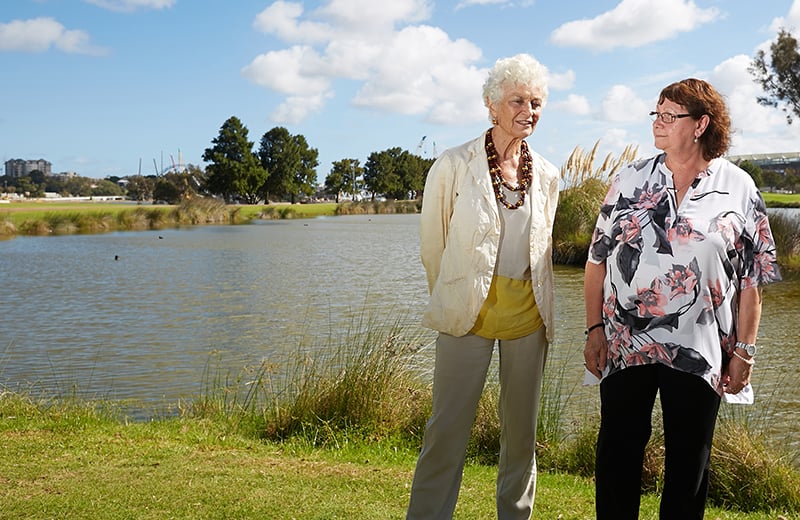Search
Showing results for "aboriginal respiratory"
We investigate whether the profile of factors protecting psychosocial functioning of high risk exposed Australian Aboriginal youth are the same as those...
Methodological issues and implications for interventions to support young Aboriginal people's adaptation are discussed.
We sought to provide insights by examining socio-economic disparities in physical health outcomes among Aboriginal and Torres Strait Islander children in WA.
This study sought to determine the social and emotional impact of maternal loss on Aboriginal children and young people using data from the Western...
The Rio Tinto Aboriginal Health Partnership marries Rio Tinto's commitment and dedication to community investment with research expertise of the Telethon Inst
Antismoking mass media campaigns have been shown to reduce smoking prevalence in the mainstream community.

A rapid test to detect antibiotic-resistant skin infections in Aboriginal children could be a step closer, thanks to support from the FHRIF.

Pioneering Aboriginal psychiatrist, researcher and mental health champion Professor Helen Milroy has been named joint winner of the 2020 Australian Mental Health Prize.

A study confirming Aboriginal children are now 10 times more likely than non-Aboriginal children to be placed in out-of-home care has prompted researchers to call for urgent action to prevent further intergenerational trauma.

Thanks to a $1 million funding grant, Dr Asha Bowen from The Kids Research Institute Australia is on track to change Aboriginal children's skin infection statistics.
